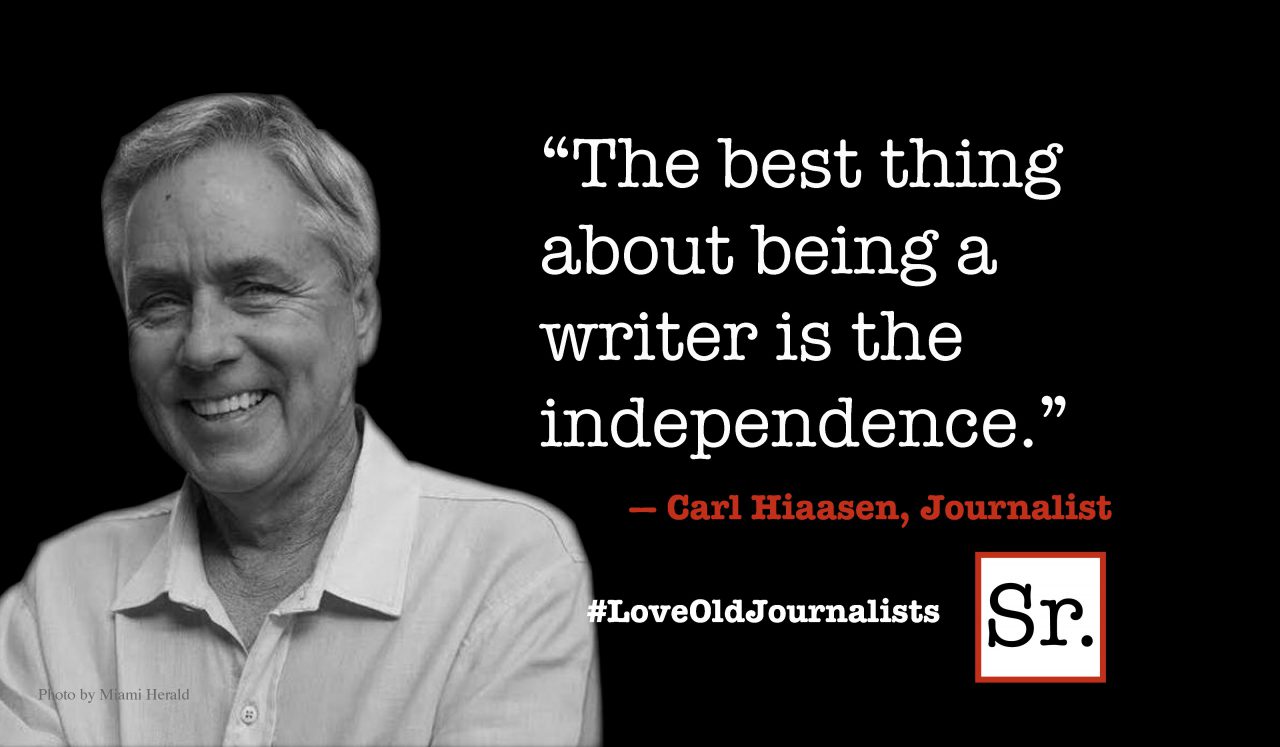The field work completed, the geology survey crew turned in their equipment and made preparations to return to their respective home bases. The four young men had worked the summer prospecting near Chloride, Arizona. Their survey entailed collecting hundreds of geochemical samples in the area that encircled a massive intrusion of granite that someday might prove to be a major ore body. The results of the field work would be evaluated by experts in the New York home office.
As usual he was the last man to turn out the lights and secure the office. He closed and locked the rear door and headed for the front exit. His finger on the switch, ready to turn off the front doorway light, he hesitated. His eye had caught a thin stack of light green papers on the mail table, normally reserved for outgoing letters and packages. Curiosity got the better of him; he’d never seen light green correspondence paper before.
As he examined the top sheet, he soon recognized it was the crew’s employee appraisal forms with numbers used to designate the identity of the persons being evaluated. The report was signed by the senior field geologist who was in charge of the six-week-long exploration project. As he thumbed through the four reports, he absorbed the evaluation criteria; they included academics, geologic mapping ability, equipment capability and overall rating for possible future employment as a field geologist with the company. Certain individual characteristics enabled the student to sort out his own position among the four candidates. In short order, he realized that he was number three out of the four men being evaluated. Under “comments” he read: “This candidate is probably best suited for mining operations, both open pit and underground."
Not exactly the career he had planned for himself.
It was constantly on his mind as he journeyed back home. The young man wondered if the report had been deliberately placed for him to see, knowing he was always the last man out of the office. Was that person trying to give him advice surreptitiously?
The young man had already invested a year and a half of intensive study at the university preparing for his career. Now, he realized, it was time to reevaluate his career options. He arranged a meeting with the interim dean of the college, a man whom he respected and who had been helpful on previous occasions. Without divulging the source of his concern, the young man asked the experienced field geologist for his thoughts on the best opportunities in the mining field. The older man paused, smiled and finally offered:
“Not every Ph.D. candidate is cut out for mineral exploration. The academic training is long and arduous with lots of field work, and, with your military experience, you’re well aware of the hardships of living in the field. The job market is strong so don’t be afraid to look into other operations that could provide you with excellent opportunities. It won’t affect your research fellowship from Kennecott Copper if you don’t go to work for them. They will respect your decision.”
Gratefully accepting the comments by the professor, the young man shifted course work toward operations. Nearing graduation he began interviews with large companies in the mining and metals fields. After several interviews, a job offer came through that involved operations and sales. It looked very promising. So he accepted it.
On graduating, the man and his new wife drove to Ohio to begin his extensive training program that involved production and sales of alloying materials for the steel industry. The corporation had mines and factories around the world in Norway, Canada, southern Africa and the United States. After eight months of training in the plant and research labs, the man joined the sales force of the company.
The next twenty five years were challenging but good, in spite of foreign competition, government intervention and learning how to operate on an international basis. He enjoyed working his way up, eventually to company headquarters and an executive position.
But, from time to time, over a stiff martini, the individual would reflect on the one experience that was most influential in developing his career. Was the report casually resting on the mail table meant for him to see? Was the report a friendly suggestion to move on?
He would never know.









